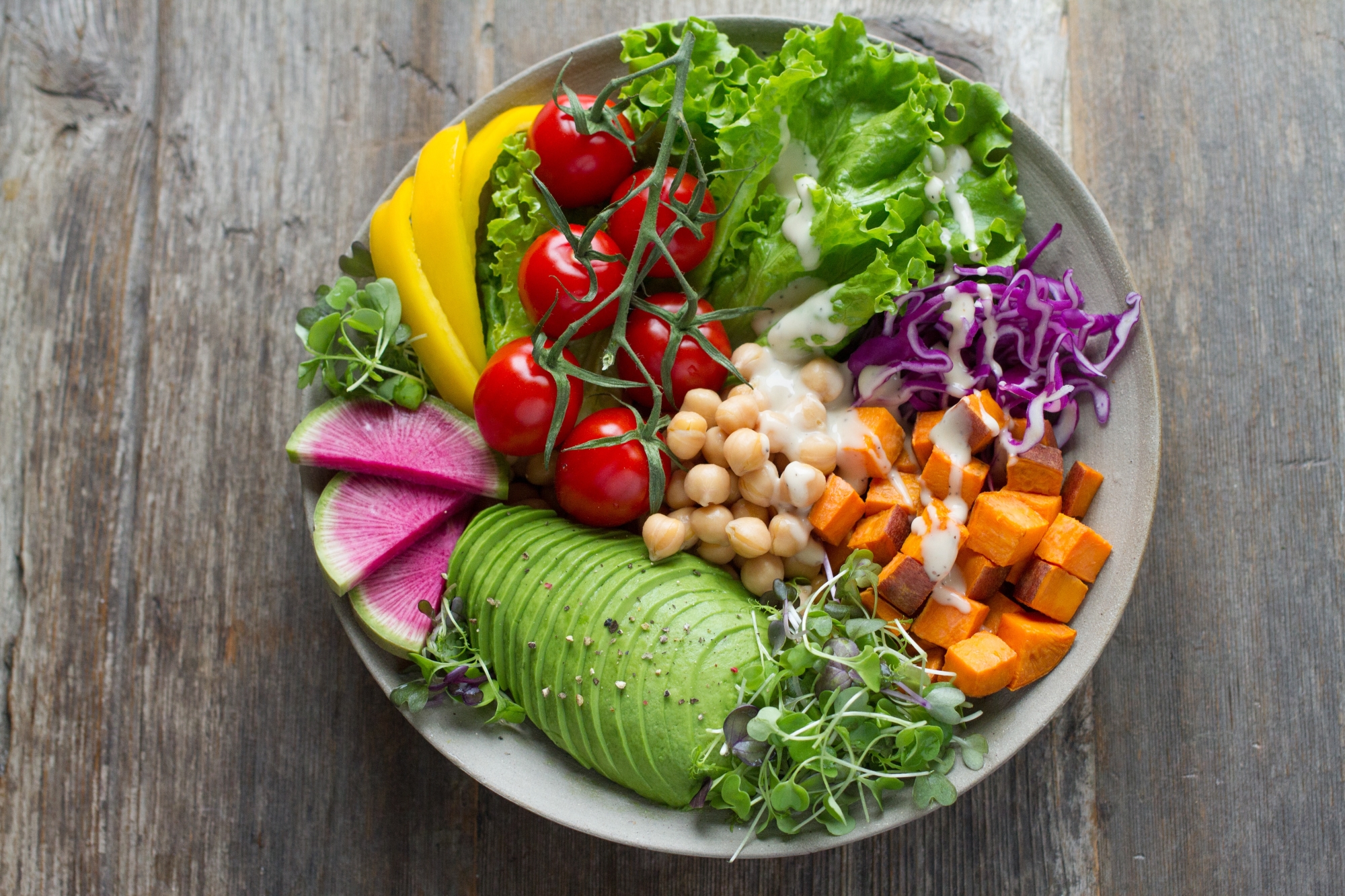
Photo by Anna Pelzer
Attitudes towards veganism have transformed over the past few years. What was once dismissed as a fad, or an extreme choice of apparently giving up tasty food, is now a mainstream trend. Veganism is no longer a ridiculed concept; it’s associated with numerous health benefits, tapping into the eco-conscious state of the world, and a progressive movement towards a greener way of life.
According to market research firm Mintel, sales of plant-based foods have increased by 40% from £582m in 2014 to £816m in 2019 due to meat-eaters increasingly seeking vegan alternatives.
In addition, The Vegan Society released a report which found that:
- 51% are happy to see vegan food in shops and restaurants
- 56% of adults in the UK practice vegan buying behaviours
- 19% have cut down on buying meat and are checking cosmetics and toiletries for animal-testing
- 13% actively choose meat-free or dairy-free meals when eating out
But is the recent propulsion of veganism into the mainstream solely down to eco related factors? Looking at the results of 2018’s Veganuary, a movement that challenges people to sign up for a month of vegan eating, the top reason for people signing up was animal rights concerns (43%). This was followed by 39% of people who signed up for health reasons, and 10% who said it was for environmental reasons.
Adding more plant-based foods to your diet can be hugely beneficial to your health. A new study was brought to the public eye by The Guardian, outlining that the “five-a-day” notion for fruit and vegetable consumption is, sadly, not entirely accurate. In fact, the study from the Imperial College London advises 10-a-day! The now-recommended 800g of fruit and veg daily would help reduce heart disease, strokes and premature deaths. Picking up a few vegan meals throughout the week, or switching to a vegan diet entirely, would certainly help hit this healthy target.
Whether you’re 100% vegan or you’d just like to add some vegan options into your regular diet, there are many options out there which are cost-effective and easy. For example, even a small garden can house a few home-grown herbs and fruits! You can grab some compost bags and start cultivating your own supply of tomatoes for a home-made tomato sauce, or cucumbers for the freshest salad you’ll ever taste! Of course, any vegan diet requires protein. Think beans and seeds, like sunflower seeds or soybeans.
The Independent found that Google searches for the word ‘vegan’ now compete with the number of searches for ‘Instagram’. In a world where we love to take photos of our meals and share them on social media, it’s not difficult to believe that websites like Instagram have helped circulate numerous brightly-coloured vegan dishes to help improve its previously ill-held reputation of being nothing but leaves.
Vegan food doesn’t have to be dull, in fact, according to Live Kindly, the top vegan food trends for 2020 include everything from vegan chocolate to plant-based ‘chicken’. And none of these could be considered boring either:
- Fermented foods, while they might not conjure the most delicious image to mind, are coming into food trends in a big way. Think colourful kimchi and nutty-flavoured tempeh.
- Veggie chips, such as parsnip chips and sweet potato chips, make for a healthier option than normal potato.
- Edible flowers, to make your meal Instagram-worthy!
- Vegan desserts, bringing back ice-cream and cakes in vegan-friendly ways. Ben and Jerry’s have released three delicious vegan-friendly ice creams: Chocolate Fudge Brownie, Chunky Monkey, and Peanut Butter and Cookies are all sure to be a hit with vegans and non-vegans alike!
Have you thought about embracing the vegan diet or will you be trying out meat-free options in the near future? You’ll be pleasantly surprised by how far vegan cooking has come, and if nothing else, you’ll reap the many environmental and health benefits.